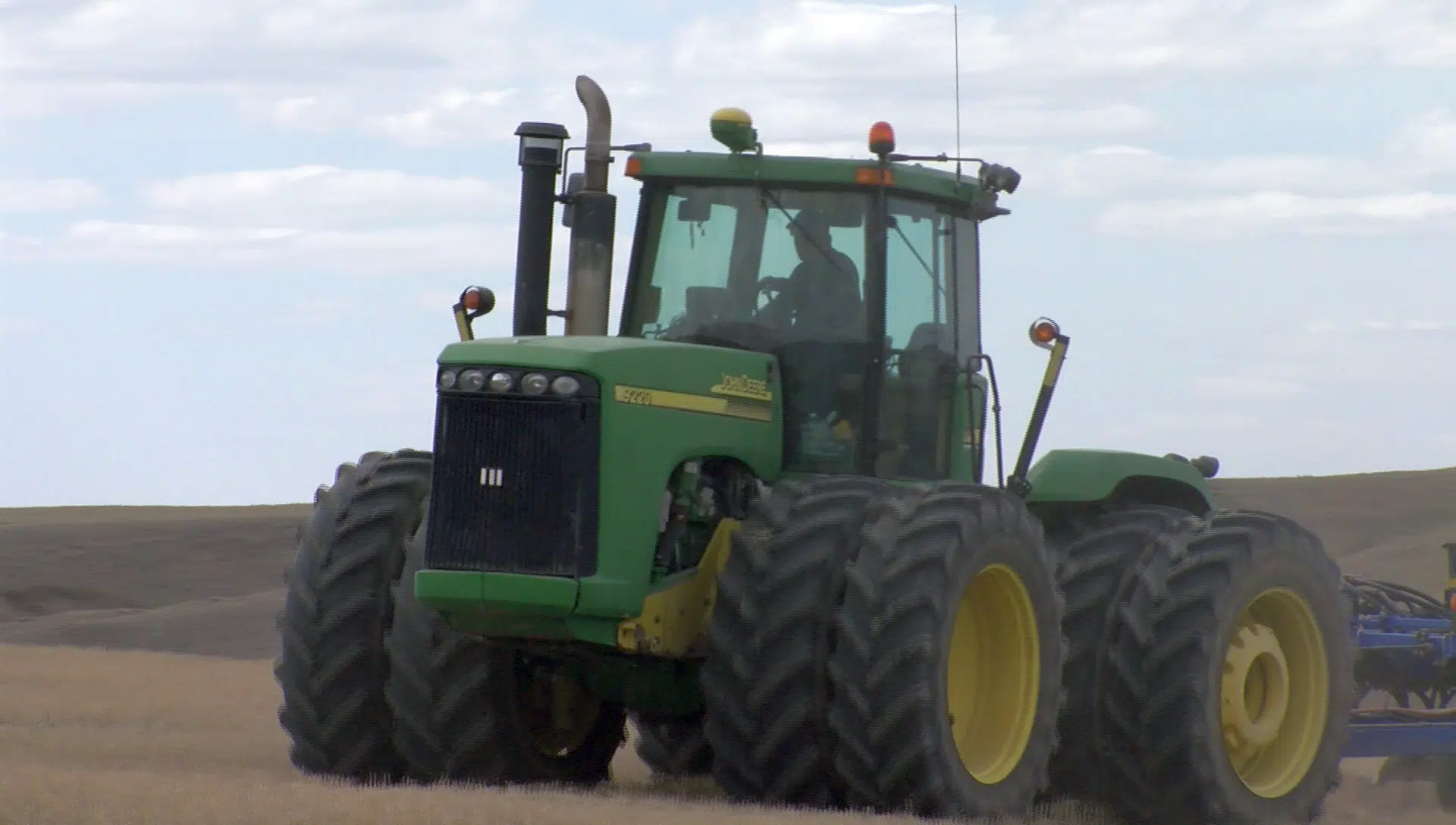
Farmers weighing canola conundrum with spring seeding underway
CYPRESS COUNTY, AB – It’s a spring tradition Bradley Betcker and his family have become accustomed to over the years, seeding tens of thousands of acres at the T Bar Cattle Company southwest of Medicine Hat.
However, this spring they waited a little longer hoping the sky would open up before the ground was tilled.
“We held off a little bit and then we were kind of hoping for a little bit of moisture,” said Betcker. “It didn’t come, but there is decent moisture in the ground right now.”
